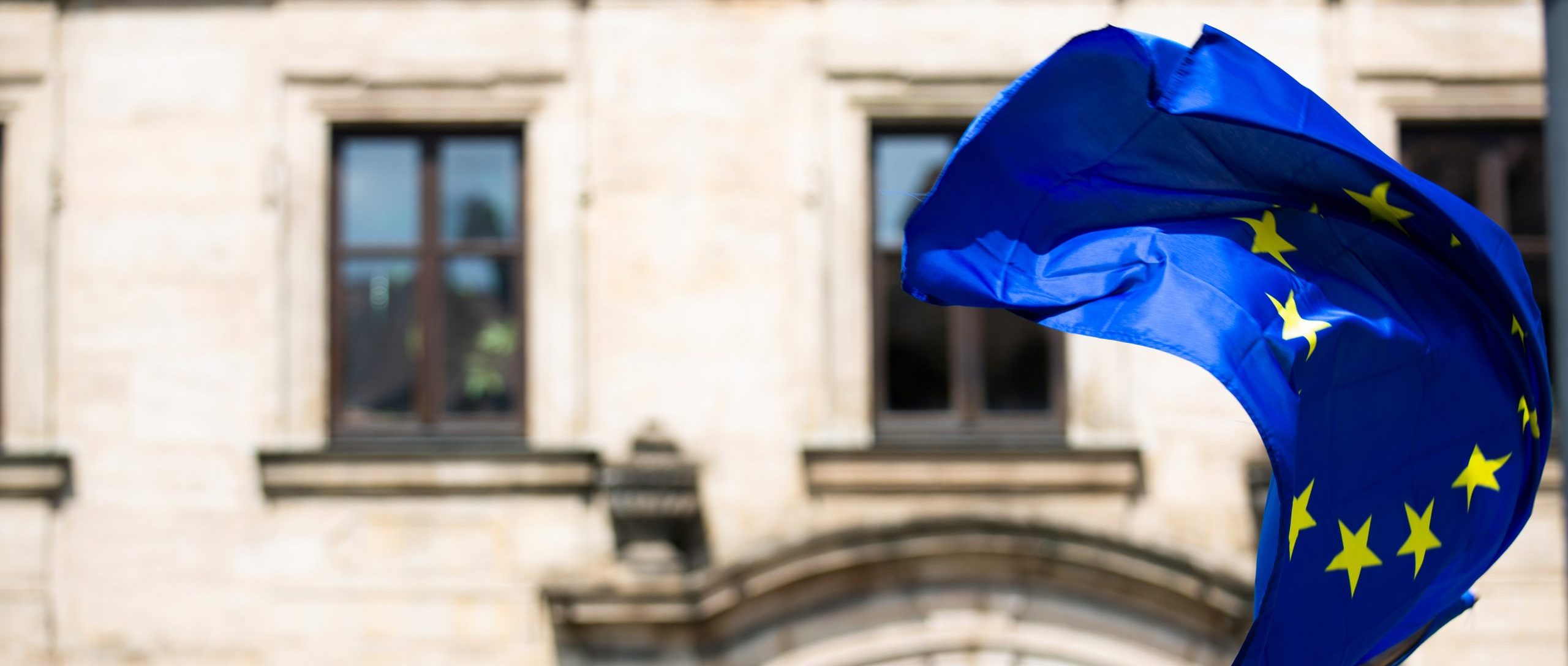indireinforma

The European Commission has published today, 24 November, the Erasmus+2022 call for proposals which follows the adoption of the relating 2022 annual work programme.
With an increased budget of almost 3.9 billion euros for the next year, Erasmus+ will continue to offer opportunities for study periods abroad, internships, traineeships and staff exchange, but also transnational cooperation projects in different areas of education, training, youth and sport. Beyond the general call for proposals, the annual programme work incudes other autonomous actions such as that of European Universities.
The programme will continue supporting youths and encouraging their participation in democratic life, contributing in a significant way to the objectives of the 2022 European year of youth, which was announced in the speech on the state of the Union in September 2021. In 2022 also the activities for mobility and cooperation will be enhanced.
The main breakthroughs of the 2022 Erasmus + call
- Forward-looking projects: new far-reaching projects will sustain inclusive high quality digital education and the adaptation of the education and training systems to the green transition. These projects will be supported by a large budget and will last at least 3 years; they aim to involve a mix of public and private organizations. The general objective is to obtain innovative results aimed at achieving systemic impact on education at European level.
- More exchanges with third countries: thanks to funding coming from EU’s external instruments, third countries will have the chance to participate in projects and specific exchanges, in particular in the sectors of Education, professional training and sport.
- A more inclusive DiscoverEU initiative: DiscoverEU offers 18-year-olds the opportunity to travel in Europe. Every year there are 2 rounds of applications for the distribution of free travel passes. Starting from 2022, specific sessions will be dedicated to organizations to facilitate the participation in DiscoverEU of even more young people with fewer opportunities, who will benefit from more targeted support and funding.
- Bringing the EU closer to schools: knowledge of the objectives and functioning of the European Union is an important part of promoting active citizenship and the common values of freedom, tolerance and non-discrimination. The Jean Monnet actions, aimed at promoting training on the EU, will be implemented for schools and pupils of all ages, in both general and vocational education, with various activities, including study visits.
- Simplified financing of cooperation projects: Erasmus+ introduces the possibility for beneficiaries in cooperation partnerships to request a lump sum for the implementation of their projects. This significantly reduces the administrative burden associated with submitting the application, project management and reporting tasks.
Any public or private body active in the fields of education, training, youth and sport can apply for funding, with the help of the Erasmus+ National Agencies which are present in all EU Member States and third countries associated to the Programme and the European Executive Agency for Education and Culture.
Detailed information on the specific actions and the related deadlines for the submission of applications will be updated shortly on the official Erasmus+ website managed by the National Agencies and will also be available on the website dedicated to applications.
Context
Erasmus+ for the period 2021-2027 has a total budget of 26.2 billion euros, supplemented by about 2.2 billion from the EU’s external instruments. Erasmus+ mobility and cooperation projects support green and digital transitions, while promoting active citizenship and greater participation in democratic life. Since the onset of the COVID-19 pandemic, the programme has also contributed to the resilience of education and training systems. Inclusion remains a fundamental principle of the programme, to allow more people to learn and participate in international projects, but also to involve a growing number of people with fewer opportunities.
Useful links:
- Erasmus+ programme 2022 call for proposals
- Erasmus+ Programme 2022 Guide
- Factsheet on the new Erasmus+ programme 2021-2027
- 2022 annual work programme for the implementation of “Erasmus +”: The Union programme for education, training, youth and sport

